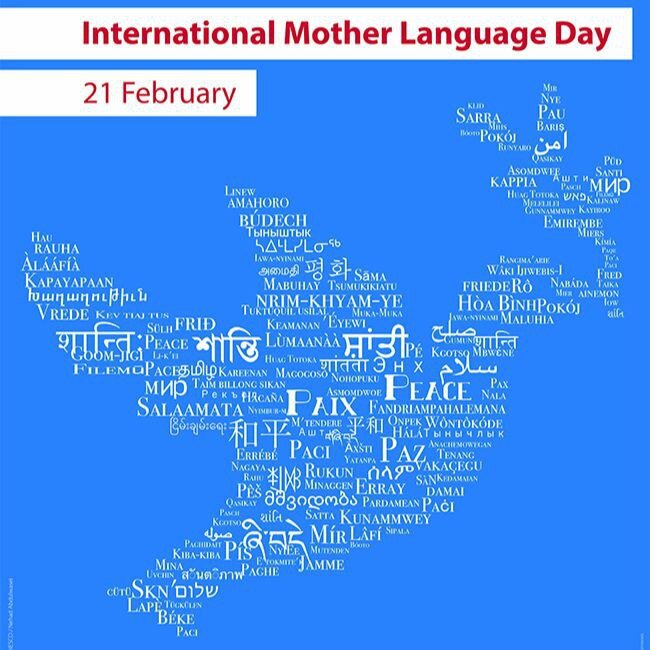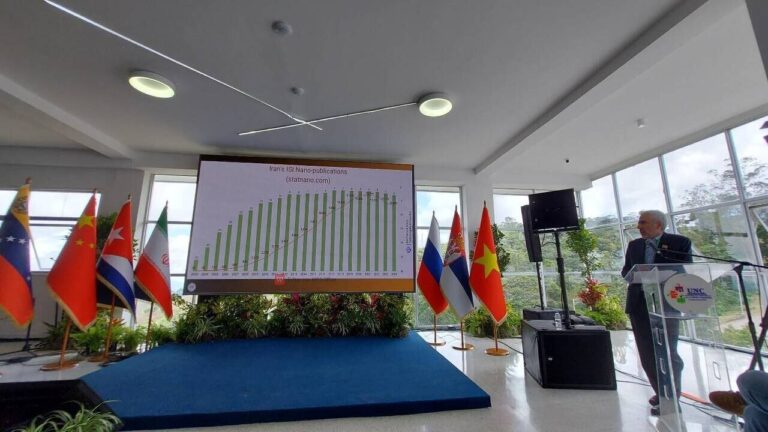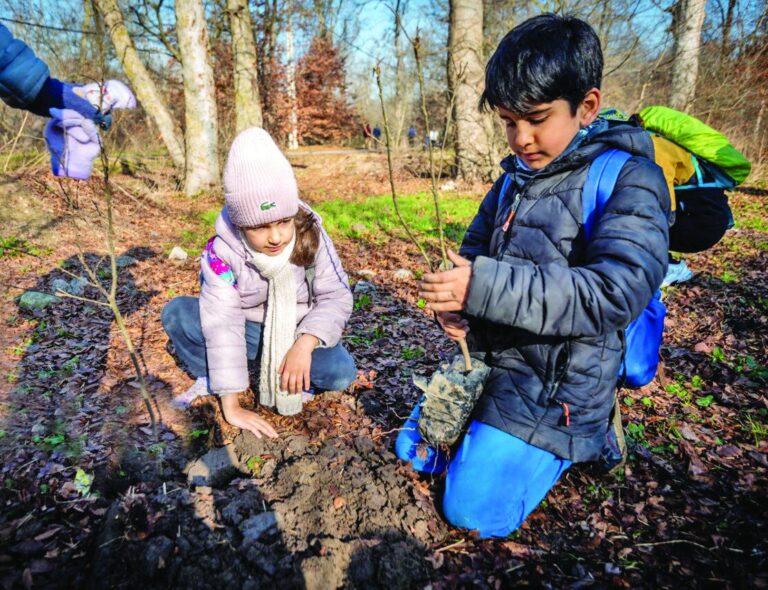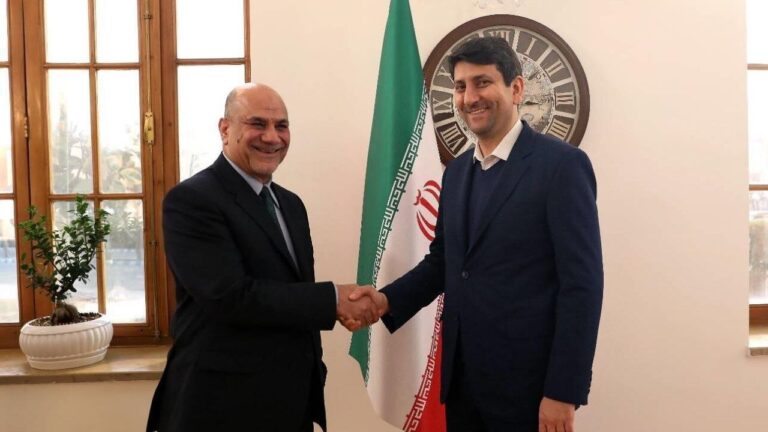Celebrate International Mother Language Day: The Vital Importance of Language Diversity
February 21 is recognized globally as International Mother Language Day, an observance dedicated to raising awareness about the importance of linguistic and cultural diversity, as well as multilingualism. This day highlights how languages serve as vital tools for education and sustainable development, enabling the transfer of knowledge and the preservation of cultures.
Languages are not just means of communication; they are integral to our identity and social cohesion. They play a crucial role in education, making them strategically important for individuals and the planet. However, in today’s globalized world, many languages are facing threats and even extinction. As languages vanish, the rich tapestry of cultural diversity dissipates, resulting in the loss of invaluable resources such as traditions, memories, and unique ways of thinking.
Currently, there are approximately 8,324 languages spoken worldwide, with many at risk due to globalization and societal shifts. It is essential that educational systems support the right to learn in one’s mother tongue, as research shows that students taught in their native language demonstrate:
- Better comprehension
- Increased engagement
- Enhanced critical thinking skills
Multilingual and multicultural societies thrive on their languages, which help transmit and preserve traditional knowledge sustainably. Particularly for minority and indigenous languages, multilingual education fosters a stronger connection between education and culture, contributing to more inclusive and equitable societies.
This year marks the 25th anniversary of International Mother Language Day, celebrating a quarter-century of efforts aimed at preserving linguistic diversity and promoting mother tongues. The theme for this year’s observance, ‘Languages Matter: Silver Jubilee Celebration of International Mother Language Day’, emphasizes the urgency of enhancing progress on linguistic diversity to create a more inclusive and sustainable world by 2030.
International Mother Language Day provides a significant opportunity for reflection on past achievements, renewing commitments, and stressing the importance of language preservation in:
- Safeguarding cultural heritage
- Improving educational outcomes
- Creating peaceful, sustainable societies
Established by UNESCO in 1999, the first celebration of International Mother Language Day took place in 2000. The initiative originated in Bangladesh and aims to protect languages from extinction, highlighting their role in fostering inclusion and achieving the Sustainable Development Goals.
Multilingual education is not just about promoting inclusive societies; it also plays a vital role in preserving non-dominant, minority, and indigenous languages. This form of education is fundamental for ensuring equitable access to learning opportunities throughout an individual’s life.
As we observe International Mother Language Day, it is essential to recognize the importance of preserving languages as a means of protecting cultural identities. By valuing linguistic diversity, we can work towards a future where all languages are celebrated and preserved, enriching our global community.
In conclusion, the observance of International Mother Language Day reminds us of the crucial role that languages play in education, culture, and identity. It is a call to action for individuals, communities, and governments alike to prioritize language preservation and foster inclusive societies. Let us celebrate and protect our mother languages for a brighter, more diverse future.






